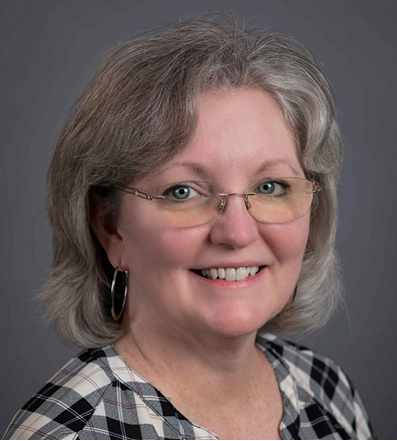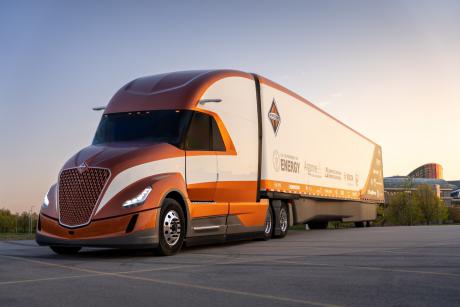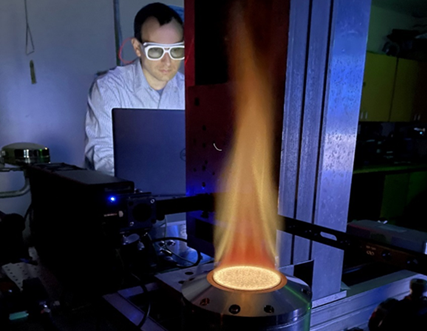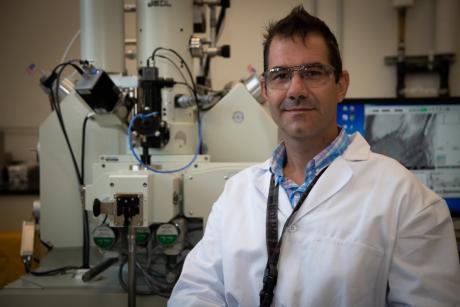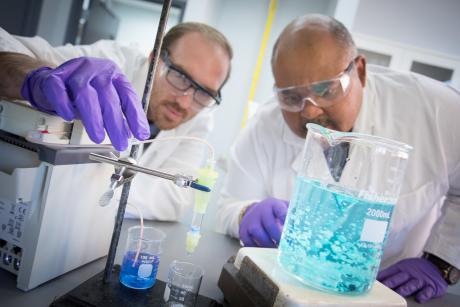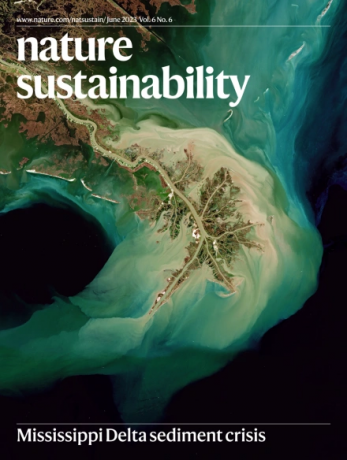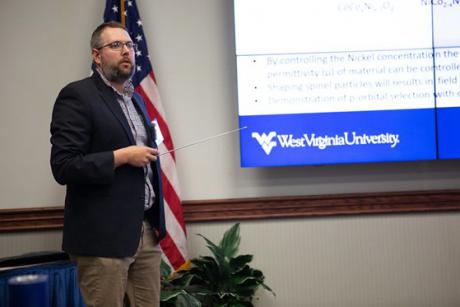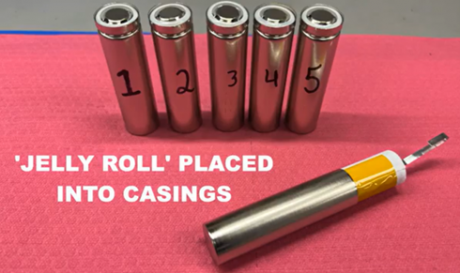Leah Arnold, IT manager within NETL’s Laboratory Operations Center, has an extensive career in public service marked by resilience and a knack for embracing new practices and technologies to excel in a rapidly changing work environment.
Arnold has been the supervisor of the Lab’s enterprise applications area since she joined NETL in September 2012. She also held several interim leadership roles over the years, supporting the IT Director and the Cybersecurity team.
Illinois-based Navistar Inc., and their subsidiary International Truck, working in partnership with NETL, developed the Navistar SuperTruck II, which represents the cutting edge of heavy-duty truck design incorporating several improvements resulting in increased operational efficiency, lower costs and decreased fuel consumption.
Daimler Truck North America, LLC (DTNA), working in concert with NETL, has debuted the Freightliner SuperTruck II, which represents the cutting edge of heavy-duty truck design and engineering to reduce carbon emissions while improving the real-world operational efficiency of the truck.
As part of its mission to advance energy innovation, NETL organized and maintains a growing information-sharing consortium of researchers from sister national laboratories, private companies, federal agencies, and academia to gain a greater technical understanding of how to use ammonia in combustion processes like industrial furnaces, internal combustion engines and gas turbines — actions that can help the world transition to a carbon-free economy for net-zero carbon emissions by 2050.
NETL geologist Scott Montross presented at one of the world’s leading research conferences focused on carbon and coal-to-products research where he joined leading carbon and material scientists and two U.S. senators from the Senate Committee on Energy and Natural Resources for discussions on coal’s future role in energy transition and the processes for discovering rare earth elements (REEs) and critical minerals (CMs) in carbon ore deposits.
On more than one occasion, colleagues have suggested that NETL’s McMahan “Mac” Gray may soon need a larger display case to hold the numerous honors and awards he has received for advancing cutting-edge solutions to complex energy issues.
NETL recently created a framework to assess the economic viability of recovering rare earth elements (REEs) from unconventional feedstocks like coal and coal waste — an advance that is part of NETL efforts to unlock new domestic sources of critical minerals (CM) that can ease the Nation’s dependence on foreign sources for the minerals. The success was the subject of a new article in a prestigious science journal.
NETL researchers leading the development of cutting-edge technologies to mitigate climate change will share their knowledge and expertise with engineers and scientists from five continents at the 47th International Technical Conference on Clean Energy, which will be held July 23-27 at the Sheraton Sand Key in Clearwater, Florida.
The University Coalition for Basic and Applied Fossil Energy Research and Development (UCFER), which was established in 2015 to promote collaboration among NETL and 15 universities, is preparing to conclude the seven-year effort, which resulted in more than $16 million of federal funding awarded to 43 research projects that significantly advanced energy research, including clean energy projects focused on developing carbon management technologies.
An award-winning technology, developed by an American company with support from NETL, uses coal waste as an anode material in lithium-ion batteries — an innovation that researchers believe is an eco-friendly way to help the U.S. reduce reliance on foreign countries for critical materials that are needed to support the growing demand for batteries used in battery electric vehicles (BEVs), energy storage, and other products.





